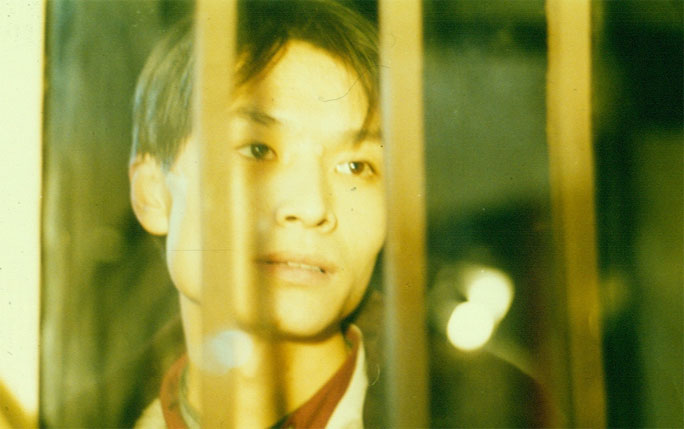Sexuality and Chinese cinema - new film series at FACT Liverpool

Dr Leon Rocha is once again collaborating with FACT Liverpool to screen three important Chinese films that explore different aspects of Chinese sexuality and eroticism.
The series links in with History's undergraduate degree, which includes a module on 'Projecting China: An Introduction to Chinese Cinema'.
Find out more from Dr Leon Rocha
Film series listings
Wednesday 29 November / 6.30pm: 'EastPalace, West Palace': Chinese Cinema Gets Queer
'East Palace, West Palace' (1996), directed by Zhang Yuan and based on a script by enfant terrible Wang Xiaobo, was the first film from the People’s Republic of China to feature an explicitly queer theme. Originally conceived as a documentary project on Beijing’s gay underworld, 'East Palace, West Palace' powerfully reflected on the relationships between the public and the private, between the state and the individual. Find out more
Wednesday 6 December / 6.30pm: 'Spring Fever': Sex, Desire and Nihilism in Urban China
The work of Lou Ye, one of the so-called “Sixth Generation” directors, is very much a reaction against the commercial epics made by the so-called “Fifth Generation” directors such as Zhang Yimou. In 2009, Lou released 'Spring Fever' in defiance of a five-year filmmaking ban imposed by the Chinese government. 'Spring Fever' was at once a universal story on the destructiveness of love, and a very sharp political commentary on gender, desire, nihilism and death in contemporary Chinese society. Find out more
Wednesday 13 December / 6.30pm: 'Sex and Zen: Extreme Ecstasy': Obscenity and Violence with Chinese Characteristics
'Sex and Zen: Extreme Ecstasy' (2011), directed by Christopher Suen and produced by controversial Hong Kong businessman Stephen Shiu, was an erotic comedy that had been labelled one of the worst films ever made. The film was set in the Ming Dynasty and was loosely based on 'The Carnal Prayer Mat', a seventeenth-century Chinese pornographic novel that had been interpreted by literary scholars as a relentless attack on Confucian morality and as a Chinese parallel to Marquis de Sade. Filled with both sophomoric humour and sadomasochistic sex, 'Sex and Zen' showcased Chinese understandings of excess, violence, and exploitation. Find out more